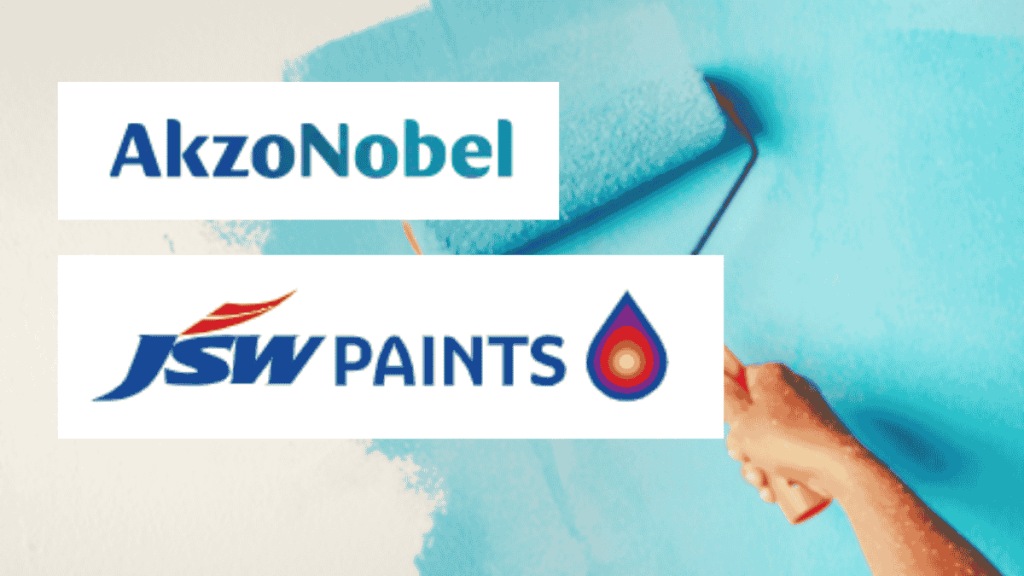Heightened competition and flat growth in decorative paints possibly contributed to Akzo Nobel’s decision to exit India after 70 years, analysts tracking the company said. On Friday, JSW Paints announced that it was picking up Akzo Nobel’s nearly 75% stake in Akzo Nobel India, the country’s fourth-largest paints maker, for close to Rs 9,000 crore. However, the India Powder Coatings business and International Research Centre, both currently part of Akzo Nobel India, will be retained under full ownership of the Dutch parent firm.
The latest announcement came nine months after the Dutch parent had begun a strategic review of its India business. The company, best known for its Dulux paints, goes with the tagline ‘Let’s colour’ (for Brand Dulux). The move to review its India business was triggered in part due to rival Birla’s Opus rapid rise in the Rs 80,000-crore domestic paint market. Within a year of its launch in February 2024, Birla Opus had garnered a 7% share, overtaking Akzo Nobel at 6.2%, analysts at Elara Securities said.
While Asian Paints, Berger Paints and Kansai Nerolac remain the top three players with estimated market share of 52%, 18% and 12% respectively, analysts at Motilal Oswal said that newer entrants such as JSW Paints (bolstered by the Akzo Nobel acquisition) and Birla Opus were likely to make steady inroads into the market, leveraging group synergies in related sectors such as cement and steel.
“There are some macro headwinds that the paints industry is facing at the moment. Demand has fallen by 4-5% in FY25 at an industry level due to the urban slowdown. Dulux was focused on the high-end decorative paint segment. The urban slowdown was hurting growth,” a top executive from a rival paint company said. Decorative paints, which contributed nearly 65-70% to Akzo Nobel’s Rs 4,091 crore FY25 revenue, saw flat growth during the period, according to analysts tracking the company.
While the company has maintained Ebitda margins in the region of 15-16% in FY25, gross margins were impacted due to unfavourable product mix and price reductions taken to protect market share.
During its investor call in May, Akzo Nobel’s India management, led by MD Rajiv Rajgopal, had said that urban markets were expected to recover on the back of the fiscal stimulus measures announced by the government. This was likely to push up both revenue and volume growth in decorative paints. While the premium paints segment was likely to benefit from higher disposable incomes as a result of the fiscal stimulus measures, the mass and economy segments would remain affected by aggressive discounting from competitors, he said.
“Looking ahead, the decorative paints segment should return to single-digit revenue growth, with volume growth projected to be marginally higher,” he said.

